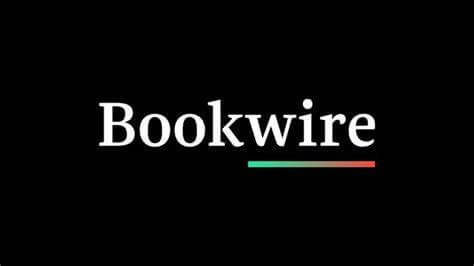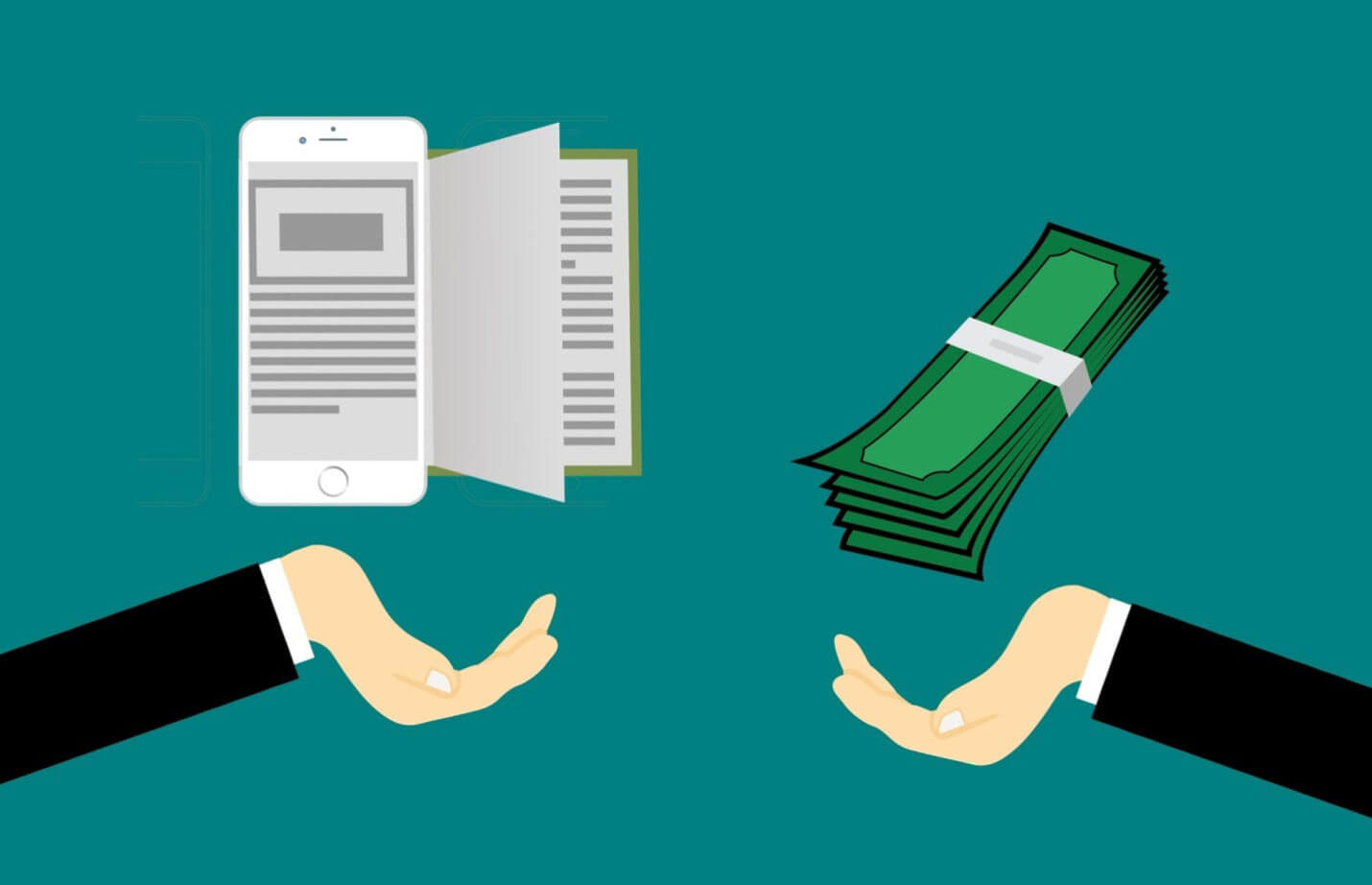The Amazon Kindle is the most popular e-reader brand in the world and they also sell the most ebooks. When you buy an ebook you actually don’t own it, instead you are merely licensing it from Amazon. If there is a publisher dispute or if Amazon loses the right to sell the book, they can remove it from your library. When you buy a book you can’t easily loan it out to friends, unless the publisher makes it lending enabled, which most don’t. You can’t resell the book when you are done with it, instead it sits in perpetuity in the cloud. What if you can resell a Kindle book on a 3rd party marketplace or easily loan it out to a friend? There is new technology that might make this possible.
Pearson is the largest educational publisher in the world and they are experimenting with blockchain technology, which is the underlaying system that cryptocurrency is based on. They are incorporating NFTS into ebooks, so they can be resold and Pearson can take a small cut out of each transaction. When a student buys a print textbook, and uses it for a semester and then resells it to another student, Pearson makes nothing. So it makes sense for not only Pearson, but other companies to convert ebooks to make money on the secondary market, maybe Amazon, B&N or Kobo?
What exactly is a NFT? It stands for Non-fungible tokens, which are cryptographic assets on a blockchain with unique identification codes and metadata that distinguish them from each other. When you buy a NFT, there is a clear path of ownership in the public record. You might have heard about NFT images being the big thing last year, where some were selling for millions of dollars and then the market crashed.
I believe ebooks as a NFT is the future of digital publishing. If I can buy an ebook of some bestseller that I will only read once, I can sell it for whatever I want to the next person, maybe half the price. The ebook retailer and publisher would both get a cut of the resell value, so they would make money too. I also think that if ebooks can legitimately be resold, it would cut down on book piracy. Publishers could start making serious money directly by converting their backlist and older titles to NFT and sell them to users directly. Some publishers already do this, but they normally have Digital Rights Management, so most people just buy the ebook from Amazon.
In order for NFT ebooks to gain traction, it will likely be spearheaded by independent or hybrid-authors. These are authors that self-publish their system digital content themselves or through third party digital distributors such as Lulu, Smashwords, Bookbaby or Draft2Digital. One of the big advantages of using these companies is that they will be sending the ebook out to all of the major online retailers, such as Amazon, B&N, Kobo, Apple, Google and others. All of the sales and payouts can be viewed on a single page. I think these companies are the best suited to convert existing ebooks to NFTS and sell them in their own stores and give authors the freedom to also sell them themselves on social media and their own websites. I might be hard at first to develop a system like this and to build up author and publisher awareness of what an NFT really is and how they can make money on it.
If Pearson can make NFT ebooks work and prove over time that this is a viable alternative revenue stream, this will prompt Amazon to give authors an option to sell books as NFT in Kindle Direct Publishing and Amazon can leverage their own imprints to also use NFT. Even if NFTS cost more, we will finally be able own our ebooks instead of just lisensing them. Currently, the only way to truly own an ebook is to download a royalty free one, download a free ebook from a company like TOR, pirate them only or buy the book and strip the DRM using software. We need a better option.
Michael Kozlowski is the editor-in-chief at Good e-Reader and has written about audiobooks and e-readers for the past fifteen years. Newspapers and websites such as the CBC, CNET, Engadget, Huffington Post and the New York Times have picked up his articles. He Lives in Vancouver, British Columbia, Canada.

